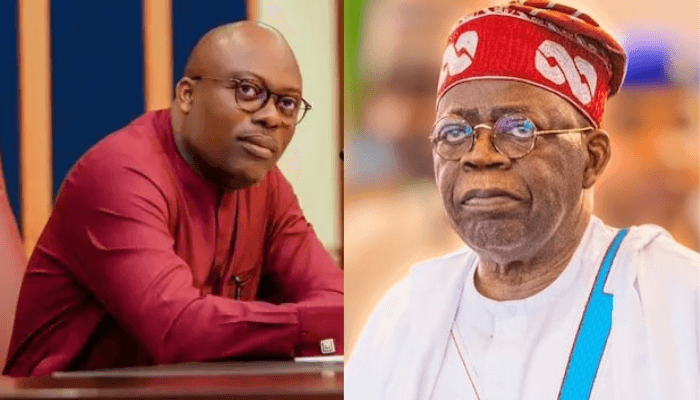President Bola Ahmed Tinubu has lifted the six-month state of emergency in Rivers State, reinstating Governor Siminalayi Fubara, his deputy Ngozi Nma Odu, and members of the State House of Assembly.
In a statement issued by the Presidency on Wednesday, Tinubu directed that all suspended officials resume work from Thursday, September 18, 2025.
“It therefore gives me great pleasure to declare that the emergency in Rivers State of Nigeria shall end with effect from midnight today. The Governor, His Excellency Siminalayi Fubara, the Deputy Governor, Her Excellency Ngozi Nma Odu, and members of the Rivers State House of Assembly and the Speaker, Martins Amaewhule, will resume work in their offices from 18 September 2025,” the statement read.

Background to the Emergency
Tinubu declared a state of emergency in Rivers State six months ago at the height of political tensions between Governor Fubara and his predecessor, now FCT Minister Nyesom Wike.
During the suspension, Tinubu appointed retired Vice Admiral Ibok-Ete Ibas as Sole Administrator, tasking him with restoring law and order, stabilising the polity, and paving the way for democratic governance.
The move, however, sparked outcry from legal scholars, civic groups, and the Nigerian Bar Association (NBA), who described the action as unconstitutional and undemocratic. They argued that the Rivers crisis did not meet the constitutional threshold for emergency powers.
Tinubu defended his decision under Section 305 of the 1999 Constitution (as amended), which empowers the President to declare a state of emergency in cases of war, natural disaster, breakdown of public order, or a clear and present danger to national security.
What Next?
The lifting of the emergency rule officially restores democratic institutions in Rivers State. However, the deep-seated rift between Fubara and Wike, which fueled the political crisis, still lingers beneath the surface.
Observers say the coming weeks will determine whether the return to constitutional governance will heal divisions or reopen old wounds in the oil-rich state.




